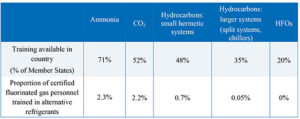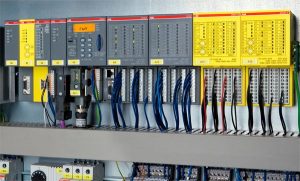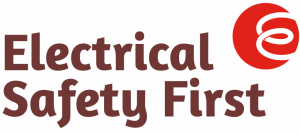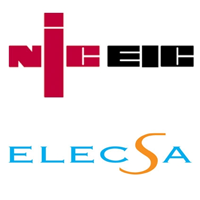The European Commission has warned that the uptake of training in alternative refrigerants is too low to match the requirements of the F-gas phase down.
The report examining the European legislation on the training of personnel warns of a general lack of preparedness for alternative refrigerants including ammonia, CO2, hydrocarbons and HFOs. Of 160,000 F-gas trained technicians across Europe only just over 2% are trained in alternatives.
“It is clear that the currently known uptake of training is too low to match the medium and long term requirements of the HFC phasedown,” says the report.
While the current use of the alternative refrigerants is relatively limited, an increased number of trained technicians will be needed to match the uptake of alternative refrigerants as the HFC phase-down becomes more and more challenging.
“In some regions the lack of trained service providers is an important factor for abstaining from a conversion to alternative refrigerants, eg to the use of CO2 in commercial refrigeration,” the report notes.
While the legislative framework and existing standards were found to be appropriate to assure safe handling of such equipment, input from Member States and other stakeholders identified shortcomings in the existing training on offer for the use of climate-friendly alternative technologies.
In particular, it found a lack of training facilities, a shortfall in the provision of practical training, as well as the number of skilled personnel.
“More efforts are needed to ensure that the provision of training will meet the rising future demand,” the report says.
Survey
In addition to a total of 160,000 trained and certified F-gas technicians across Europe, the survey amongst member states revealed a total of 40,000 certified companies.
Sixteen member states have a central personnel and company register to provide access to lists of technicians and companies that have F-gas certification. In member states without a central register such checks need to be made through the relevant certification body.
While a fairly high proportion (71%) of member states report the availability of ammonia training, availability is said to be much lower for the other alternatives. The percentages of technicians trained in the different alternative refrigerants as a percentage of the total number of fluorinated gas trained technicians in the EU is very low.
Relevant training centres already exist in 14 member states, with some 90 centres providing theoretical training and around 50 providing practical training. The cost of training, however, is seen as a major barrier for the mainly small companies that predominate in this industry.
“It will be important to encourage the uptake of training quickly, giving a role to relevant authorities, industry trade bodies, equipment manufacturers as well as training organisations,” the report advises.
“Awareness campaigns among end-users and the equipment distribution chain (eg wholesalers, supermarkets, large building operators) promoting the training and facilitating an exchange of best practices are needed.”
It pinpoints train-the-trainer programmes as being one possible way of achieving a multiplication of effort and addressing the existing geographic imbalance could be the use of train-the-trainer programmes. It also puts the onus on equipment producers to ensure that service personnel is trained on the new technologies and suggests that large end users can have an important impact by requiring that only duly trained technicians work with their systems.
Source: http://www.coolingpost.com/world-news/lack-of-training-threatens-phase-down/




